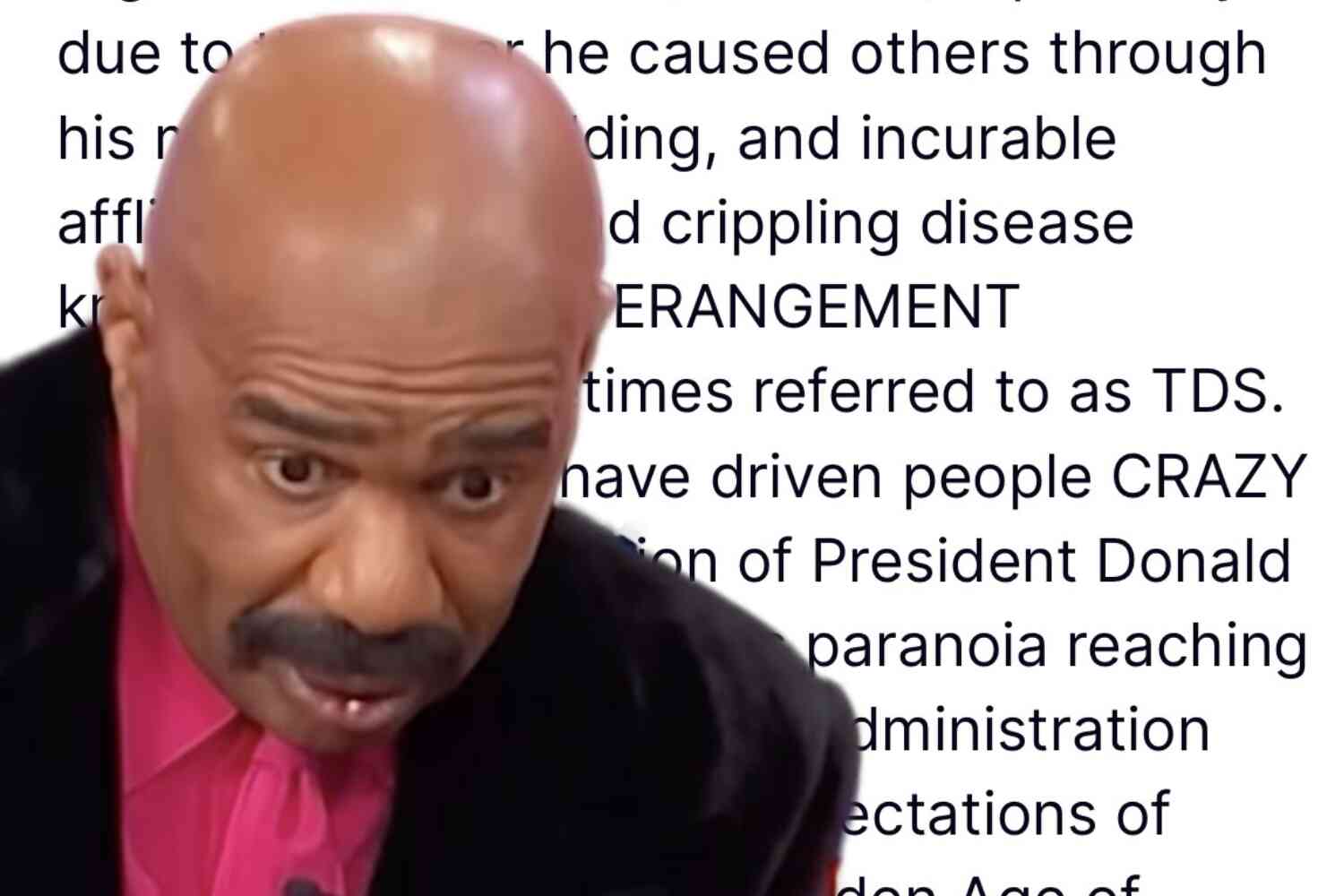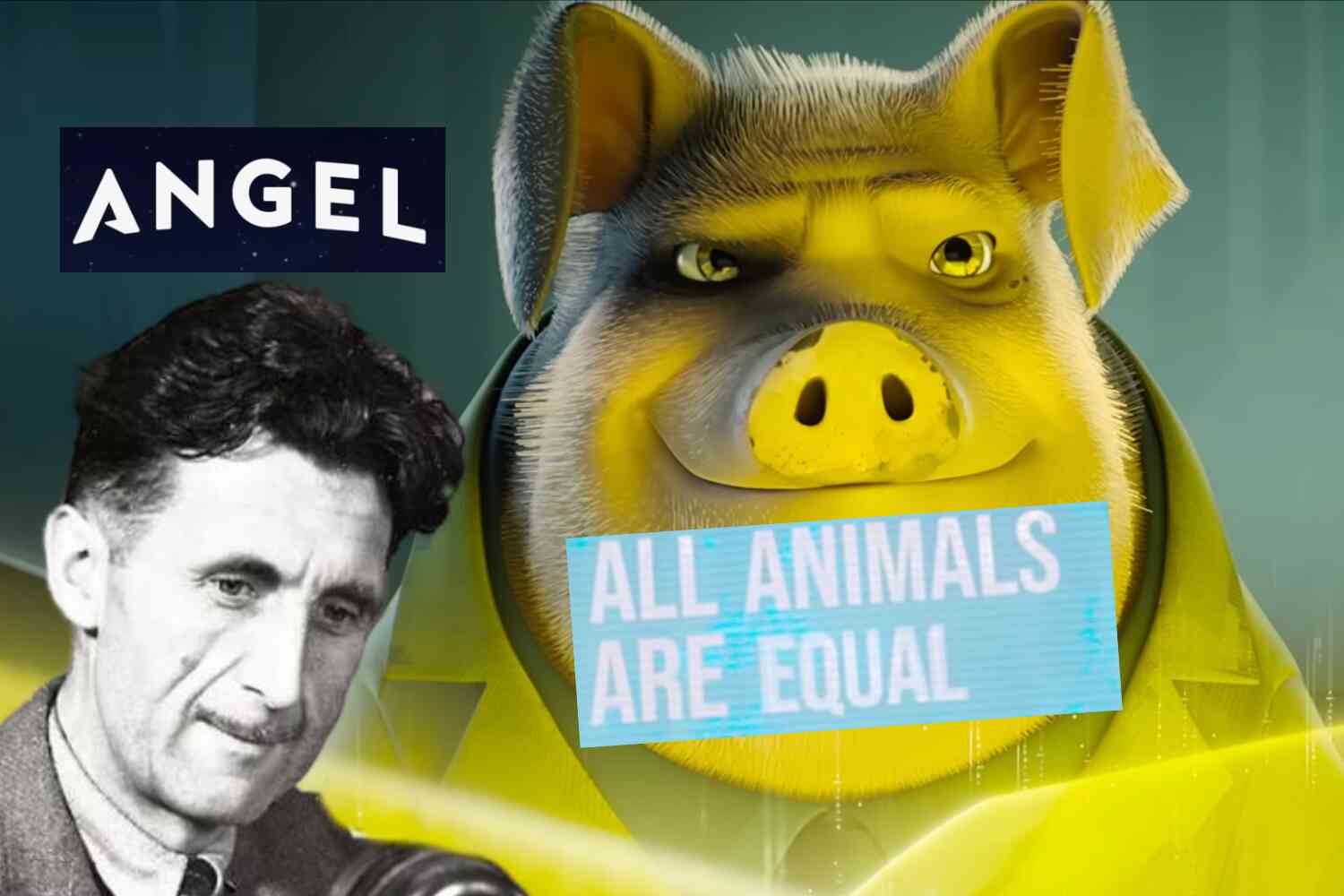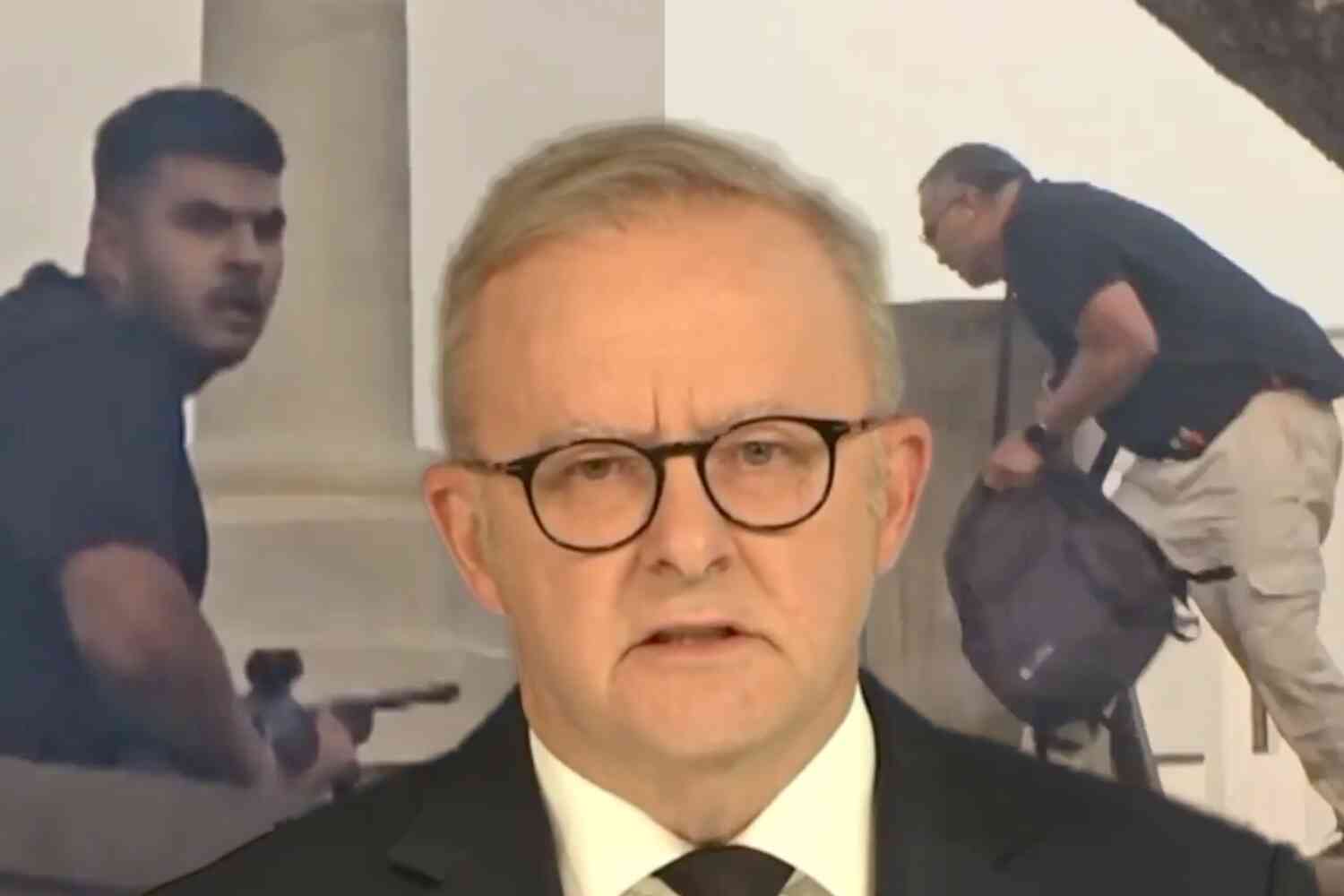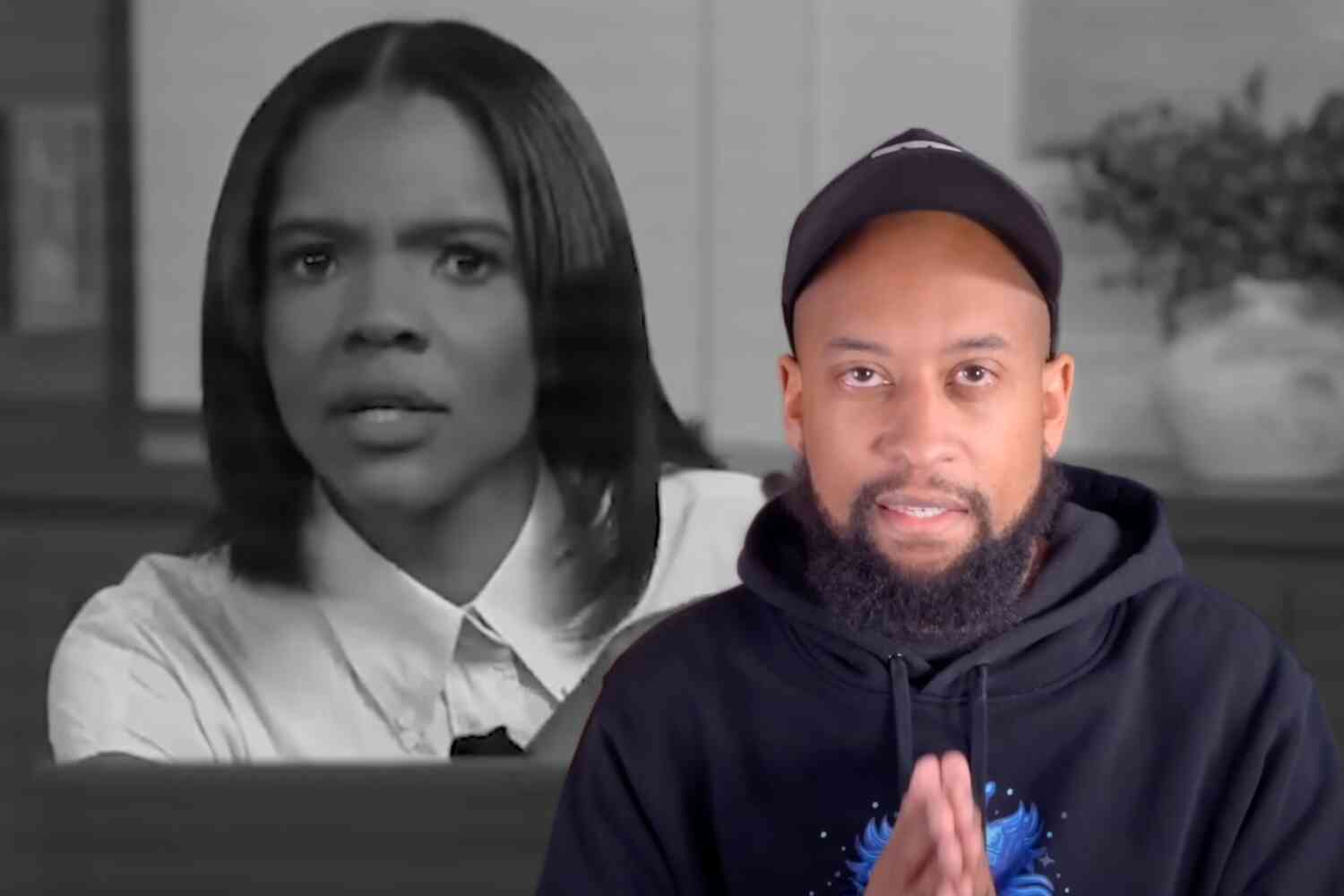Back in 2016 I wrote an article for the Indianapolis Star arguing that it was "long past time that the Bible be taught, discussed, analyzed, explained and understood in every public school in the United States." While the lede was intentionally jarring to modern wisdom, I felt the premise was overtly defensible.
I wasn't advocating creationism in biology class or even Bible-based character education. My point was that an educated person knows the Bible, particularly in the West where the Scriptures provided the basis of art, culture, philosophy, and law. It's academic malpractice that millions of high school students graduate each year without even a working knowledge of the most influential text in the history of our world. I recommended rectifying that embarrassment by the introduction of the Bible Literacy Project around the country.
Recent years have led me to hedge on that proposal, not because I'm somehow less concerned about biblical illiteracy. No, I'm still every bit as convinced that is one of the most grievous shortcomings plaguing the Western mind today. My concern over introducing Bible-based history and literature courses around the country has everything to do with who would be teaching them and what exactly they would be teaching.
It's upon those same grounds I would implore those so merrily opening a front of their sex/gender-fueled culture war in Florida's public-school classrooms to simply consider the same reality.
From the start, this debate was dishonest. Media participation in labeling the Florida legislation the "Don't say gay bill" was shameful. Such a label utterly misconstrued the intent (and text) of the legislation which in no way bans anyone, anywhere from saying the word "gay." So why call it that? To misrepresent and set the stage for theatrical performances like this:
Right on cue, LGBT allies in Hollywood chimed in, with actor Wilson Cruz suggesting the law was the legislative equivalent of the Pulse nightclub shooting. As a reminder, even left-wing Vox acknowledged in a 2018 piece that "the Pulse nightclub shooting wasn't about anti-LGBTQ hate" at all. The killer had originally planned to carry out his rampage at Disney Springs, and upon changing plans didn't even realize Pulse was a gay club. It's just another example of the intentional, narrative-driven reporting on events and policy that surrounds this issue.
Cruz wasn't alone, of course. Star Trek's Sulu called the law "un-American," and even Luke Skywalker got his midichlorians in a wad:
The central heart of this issue in Florida schools comes down to competing values, competing moralities, and competing views of the world. One side sees the other as bigoted and narrow-minded; that side sees the first side as degenerate and dangerous. So, let's return to my own personal recalculation on teaching the Bible in schools and allow it to inform us here.
On issues related to those values, moralities, and viewpoints, how comfortable is one side going to be letting the other educate their kids?
For those angry at the state of Florida for banning conversations about sexual orientation and gender identity in the classrooms of early elementary school students, who favor using their lectern as a pedestal for LGBT activism, tell me:
- Would you want a fundamentalist Christian teacher leading those discussions in your child's classroom?
- Would you want them answering your child's questions about homosexuality and transgenderism?
- Would you want them directing and guiding the way your child views families with two moms or two dads?
- Would you want them being the expert to clear up your child's confusion over topics that will be way beyond their emotional maturity level?
Since I feel confident your answer is no, is it that difficult for you to understand why many of us experience equal trepidation over the prospect of this person leading such discussions in our children's classroom:
Therefore, can't we come to a point of agreement that the best we can work towards is a situation where I can teach my kids the values I want them to possess at home and in our civic lives, you teach your kids the values you want them to possess in your home and civic life, and we ensure our public institutions stay as neutral as possible?
P.S. Now check out our latest video 👇
Disclaimer: The opinions expressed in this article are those of the author and do not necessarily reflect the opinions of Not the Bee or any of its affiliates.









